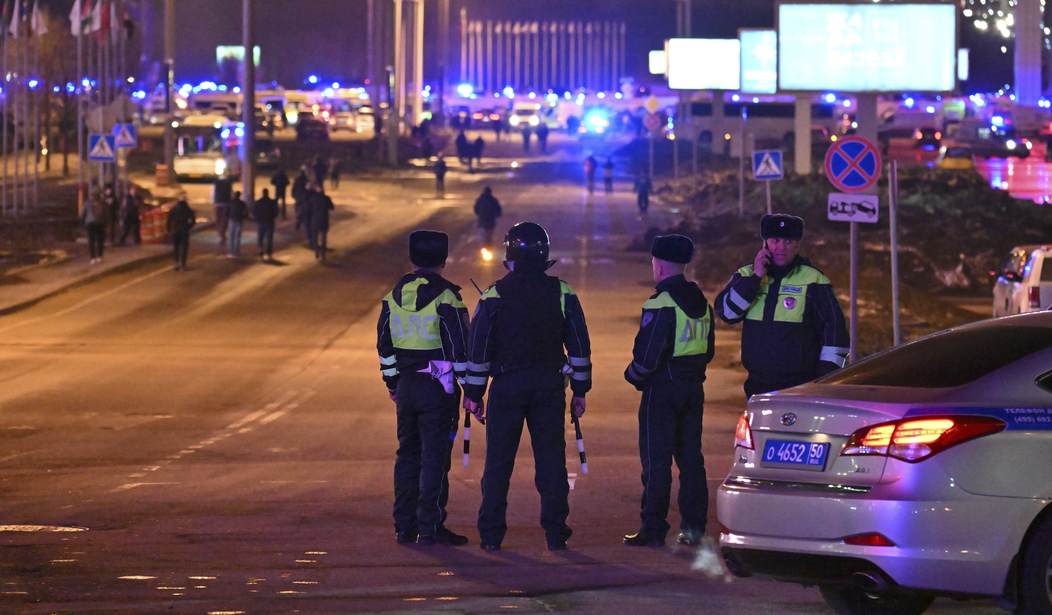After news broke of the horrific ISIS-K attack on the Crocus Concert Hall in Moscow on March 22nd, there were reports that the U.S. had provided intelligence ahead of the attack.
What makes the whole story more interesting is that on March 7, the US Embassy in Moscow issued a public warning that a terrorist attack on a concert venue was imminent.
Very specific intelligence warning from US embassy in Russia. pic.twitter.com/MgXBeRz7Xt
— BILAL SARWARY (@bsarwary) March 22, 2024The US warning was joined by similar warnings from multiple foreign embassies in Russia.
RELATED:
Putin Is Left With Egg on His Face After ISIS Provides Evidence It Carried Out the Moscow Attack
Despite ISIS Claim of Responsibility, Russia Blames Ukraine for Concert Hall Attack
On Sunday, former CENTCOM commander General Frank McKenzie joined Martha Raddatz on ABC News' "This Week" to discuss the attack and affirm his belief that it could, in fact, have been averted had Russia heeded the warnings.
“I think there was probably good opportunity for the Russians to have averted this attack had they actually listened to the material that was presented to them,” former CENTCOM commander General Frank McKenzie tells @MarthaRaddatz in wake of Moscow attack. https://t.co/i354QHhEJt pic.twitter.com/1IFiNhA7bs
— This Week (@ThisWeekABC) March 31, 2024
From their exchange:
RADDATZ: I want to start with why ISIS-K would go after Russia.
MCKENZIE: Well, ISIS-K seeks to conduct external attacks. By that, I mean attacks away from their homeland, which they regard as largely Afghanistan. And, of course, they're not under a great deal of pressure in Afghanistan. So, when you're not under pressure at your home base, you have the opportunity to reach out. And they hold Russia accountable for actions against ISIS in Syria several years ago. So they desire to attack not only Russia but also the United States and other Western nations as well. So this is very much in keeping with...their stated operational design, if you will.
RADDATZ: And the U.S. says it warned Russia and Iran before that — part of its duty to warn. Russia didn't heed those warnings. If they had, do you think there was enough intelligence to make this preventable?
MCKENZIE: I think we gave them pretty precise information. You know, the problem that ISIS-K has — and all these organizations have — is when they want to conduct an attack abroad, they have to communicate. And that communication is often something that we have the opportunity to listen to, to gain knowledge of. And that can be reasonably precise. I think there was probably good opportunity for the Russians to have averted this attack had they actually listened to the material that was presented to them.
Russian President Vladimir Putin, of course, likely won't acknowledge the warnings or that they were specific enough to have averted the attacks. As noted above, Putin appeared more interested in blaming Ukraine and/or the CIA. Still, the credible assertions that warnings were given isn't a good look for Putin or his government and are likely to sow some doubt among his constituents.














Join the conversation as a VIP Member